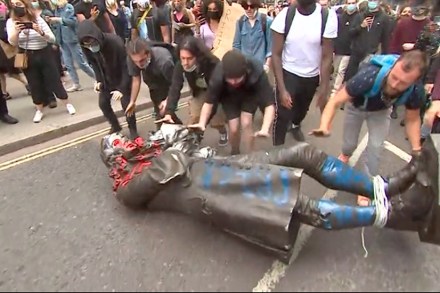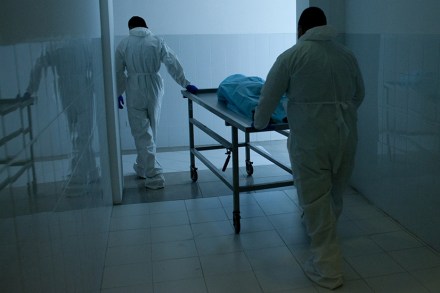Without John Hume there might have been no peace process
John Hume, the first and the greatest of the Irish peacemakers, has died aged 83. Few political leaders are truly indispensable, but it remains difficult to imagine a Northern Irish peace process without John Hume. Without Hume’s questing belief that peace was not only desirable but possible, there might have been no peace process at all. For two decades Hume served as leader of the SDLP and, more significantly, the moral centre of Northern Irish politics. Like so many others, he knew injustice and discrimination; unlike too many others, he did not allow that experience to strangle his own humanity. Though a more complicated man than his sometimes-saintly reputation now














